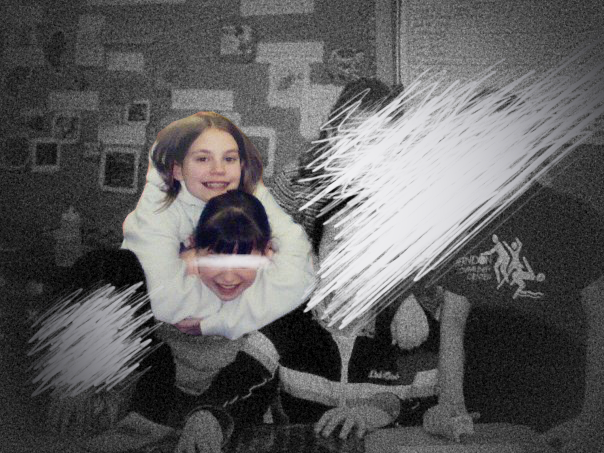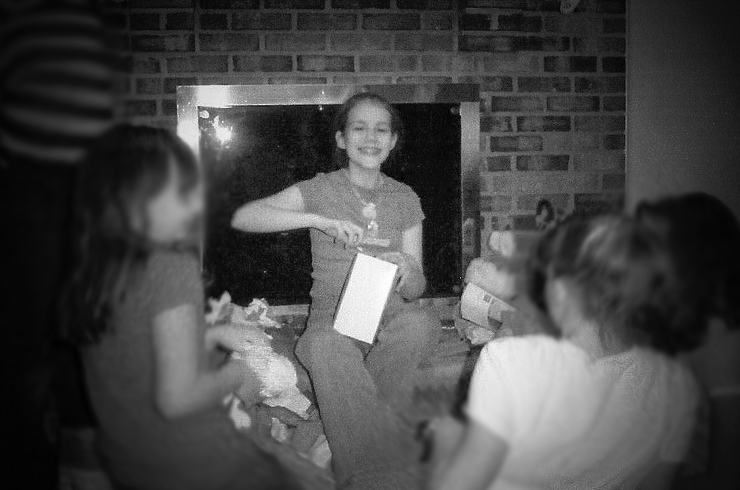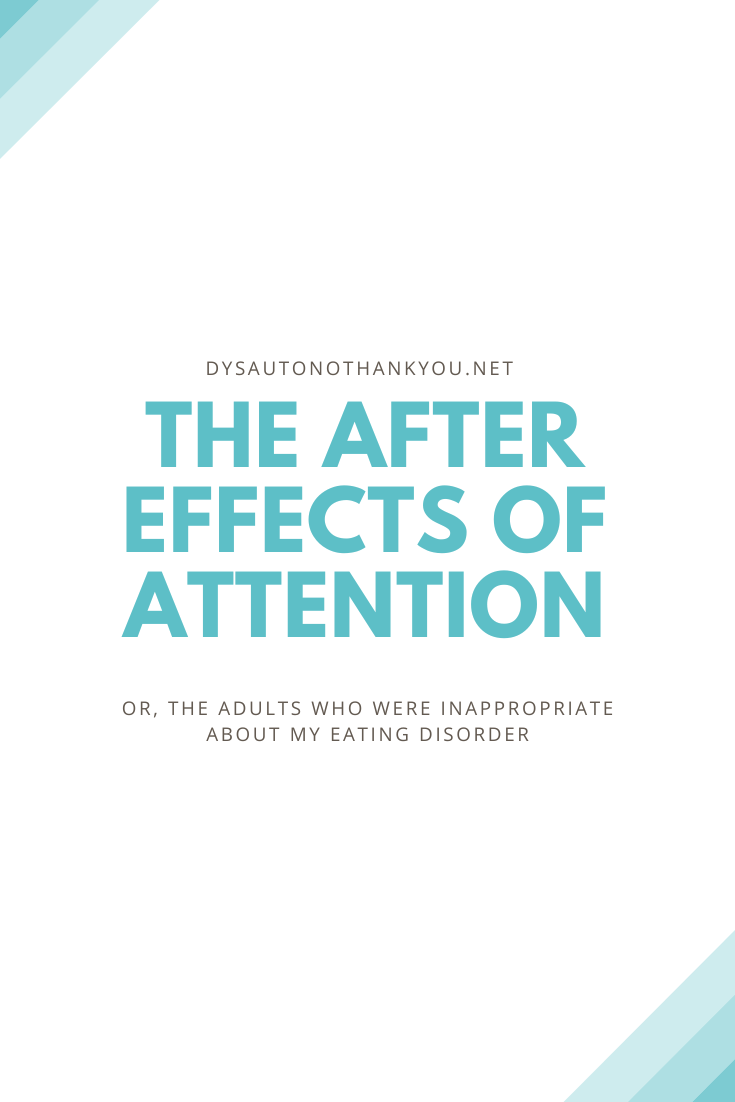CW/TW: eating disorders, body image issues, etc.
I am currently in the middle of a very intense therapy journey exploring long held issues with food, control, and an untreated eating disorder I had as a child. All of this therapy work has inspired dozens of pages worth of writing, and this piece is the result of hours of reflection. This doesn’t relate so much to dysautonomia as much as it relates to the general human experience, and to the vulnerability of children around harmful adults. I primarily discuss disordered eating and negative body image, so if these topics and themes are triggering for you, SKIP THIS, and watch something lighthearted and unrelated, like this Tig Notaro video.
Names have been changed.
+
Rachel was the most Well To Do of all of my friends in Oakton, which, if you’re unfamiliar, is one of the most Well To Do cities/towns/census-designated-places in the country. Oakton is where congressmen and lobbyists and “state department” employees and actual state department employees settle down to raise their kids. And, being people that fit in with the upper echelons of society, the Marches built their $2.1 million house in Oakton, so that Mr. March could have a quick commute to the airport for his gig as a private pilot.

It should’ve been easy to detect that the family was bad news from a thousand miles away. Mrs. March was one of those volunteer-at-the-school-a-little-too-much moms—the first 50 times, God bless you!, but the next 300 times we’re on to you, Evelyn. There must be only so many times you can buy your kids’ teachers Panera before you have to self-report to some kind oversight committee.
She was image obsessed in a way I was still figuring out as a child—I was learning what designer labels and handbags were, although Mrs. March leaned more towards the everyday Talbot’s and Anne Taylor. We never once saw her without a full face of makeup, hair done, and a manicure. I’ll always remember her advice, “girls, it’s better to get a light colored manicure, because when it chips, it won’t be as drastic and easy to see.” And damn, if that isn’t really good advice.
While Mr. March was a tall man, probably 6 feet, Mrs. March was the same height as me at 11 years old, standing 5 feet tall. One night at their house, she gathered us around the kitchen island and regaled us with stories about how she was at her heaviest her freshman year of college—a horrifying 110 lbs! I felt twisted and confused inside, because I was currently 85 lbs and working fastidiously to reach 80 lbs, where I wanted to stay forever. Maybe if I just did everything like the Marches, I could stay at 80. Maybe if I asked Mom to buy me those frozen yogurt bars Mrs. March gave us sometimes, the Lean Cuisines they ate for lunch when she didn’t cook, and if I stopped drinking soda at birthday parties, if I gave up the very few remaining foods I was eating at the time, then maybe I could do it.
And maybe, I’d keep getting the positive attention.
Rachel and I had known each other a few years, and Mrs. March, being a Frequent Flyer at our school, had known me nearly as long. She never paid me much mind, until I showed up for the first day of 5th Grade almost 20% smaller than how I had left 4th.
We weren’t calling what I was going through anorexia, we weren’t calling it an eating disorder, we didn’t know what to call it, but I had stopped eating nearly all meals after developing my stomach problems. It was the beginning of IBS, of POTS, it was the beginning of a life long relationship of hating my body and disordered eating.
And instead of expressing concern, adults kept praising me.

Parents seek out the kids that they want to befriend their children. I had always been The Good Kid (it was a consequence of being Mormon), and I had always been The Smart Kid (it came with the sarcasm). But now that I was The Skinny Kid, moms seeking to drop those pesky 20 lbs were fascinated by me like I was a tabloid piece. The bus stop moms and and my friends’ moms lauded me for the weight loss, but they never asked why, or more importantly, how.
It was those types of parents, the Mrs. March type parents, who packed strict and regimented school lunches for their kids, who lobbied for before school intramural sports, whose grooming rituals for their children scared the hell out of me, and who gave late night diet advice at sleepovers–these parents were becoming a staple in my life. Their “you look amazing!” compliments became more important to me than food, their “I wish I had your will power!” praises were now the air I breathed.
I was a people pleaser and perfectionist from the moment I was born, and I had finally unlocked the key to success, all it took was depriving myself of food.
But I couldn’t keep it up forever. We moved to Maryland, and I finally began to eat again (to the relief of my family), but my depression got worse and worse. We learned quickly that my form of depression was treatment resistant and I had to change meds frequently, seeking the right combination to calm the chaos in my brain.
One afternoon, while I talked to Rachel over instant messenger, I longed to still feel like I was a part of it all again. I missed my Virginia friends and my Virginia friends’ parents attention so much, and asked what they talked about when I wasn’t there.

“uve gained weight” she wrote. I remember the bright red lettering, the sans-serif font. Rachel’s favorite color was red. Everything turned red.
How do you respond to that? How do you respond to that when you’re 12 years old, and your best friend tells you that your friends talk about how fat you are, when you’re recovering from an eating disorder? I reminded her that earlier that year I was almost hospitalized for my depression, and my psychiatrist was changing my anti-depressants almost monthly.
“Those things mess with your weight,” I told her.
She responded by quoting Legally Blonde.
“Exercise gives you endorphins. Endorphins make you happy.”
There is no possible way to respond to something like that.
Because even though it was Rachel writing it to me, I knew it was Mrs. March saying it.
And it took me years to learn this lesson, but right then, I finally realized—
As long as my eating was disordered,
As long as my body was disregulated,
And my mind depressed—
I would never be safe with adults.
